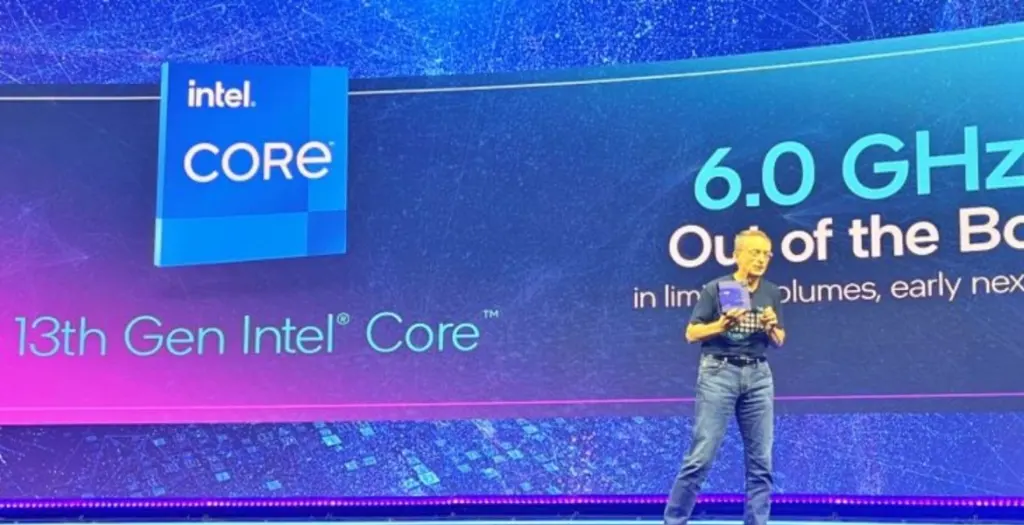When Intel unveiled its 13th generation of Core processors last year, there were expectations of more powerful chips hitting the market. Intel just demonstrated its speed, and spoiler alert: it’s quite fast. Joining the existing lineup is the Intel Core i9-13900KS.
The latest CPU, Intel Core i9-13900KS, is remarkably similar to its predecessors, the 12900KS and 9900KS. Like its predecessors, it is a “special edition” CPU that is sent with a little factory overclock. The Intel Core i9-13900KS is the company’s top-of-the-line and most costly product; it’s also the first desktop CPU to ship with a base clock speed of 6.0 GHz. This is the first processor to achieve that speed from the manufacturer. However, several have overclocked to higher speeds.
Read More: DualSense Edge Support Added To PS5 New Update
This chip is basically an improved version of the i9-13900K, like the rest of the KS-series. With a maximum turbo frequency of 5.8 GHz, that CPU was already very close to the 6 GHz threshold. This new chip just pushes things over the finish line. We don’t know if this is good news for performance yet, since AMD is also releasing new, very powerful CPUs soon. However, this new chip takes desktop processors into uncharted territory. But early results are promising, with the software already outperforming industry standards on tests like UserBenchmark and PassMark.
Since you’re already well-versed in the flagship Core i9-13900K, learning the KS won’t take too much extra time. The Thermal Velocity Boost frequency has increased from 5.8 GHz to 6 GHz, the P-Core base frequency has increased from 3 GHz to 3.2 GHz. Beside that, the base TDP has increased from 125 watts to 150 watts. The highest turbo power remains at 253w. And you’re all caught up now.
There was an increase of 7% in the minimum clock and an increase of 3.5% in the maximum clock. Intel’s current pricing for the normal 13900K is $600. But the KS variant might cost $699. Therefore there will be a 17% price premium for possibly approximately 5% greater performance.


